Best Practices for Landlord Compliance in the UK
Meeting the ever-evolving legal and safety requirements in the UK’s rental market is essential for every responsible landlord. Remaining compliant not only protects tenants but also shields landlords from fines, legal disputes, and reputational risks. This comprehensive guide outlines the most current best practices for landlord compliance in the UK, including legal duties, certification, service processes, council regulations, pricing, and practical steps—all with a focus on properties in London.
Understanding Legal Compliance for Landlords
The UK enforces strict laws to safeguard tenant safety and housing standards. The most important legal requirements for landlords today include:
- Gas Safety Certificate (CP12): Landlords must have all gas appliances, pipework, and flues checked annually by a Gas Safe registered engineer. Tenants must get a copy of the certificate within 28 days of each inspection.
- Electrical Installation Condition Report (EICR): A full inspection of the property’s fixed electrical systems must be conducted by a qualified electrician at least every five years, with the report shared with tenants.
- Fire Risk Assessment: Under the Regulatory Reform (Fire Safety) Order 2005, landlords of HMOs and properties with communal areas must conduct an up-to-date assessment through a certified assessor, acting upon all recommendations.
- Energy Performance Certificate (EPC): All lettings require a valid EPC with at least an E rating. Plans to raise the minimum to a C rating mean landlords should proactively schedule upgrades.
- Carbon Monoxide and Smoke Alarms: Working smoke alarms must be installed on every floor, and carbon monoxide detectors in rooms with solid fuel-burning appliances.
Non-compliance can result in large fines, loss of rental income, or revocation of property licenses.
Process of Compliance: Inspections, Certification, and Documentation
To ensure total compliance, follow this clear process at each stage of your landlord journey:
- Pre-Letting Checks: Ensure all installations meet standards and obtain certificates before tenancy agreements.
- Booking Inspections: Use only accredited professionals—Gas Safe for gas, NICEIC or NAPIT for electrical, and certified fire assessors for risk assessments.
- Property Inspections: Comprehensive checks include appliances, wiring, alarms, emergency lighting (for HMOs), and more.
- Documentation: Keep valid, in-date certificates and provide copies to tenants and licensing authorities. Store these safely for future audits or disputes.
- Scheduled Renewals: Set calendar reminders for certificate expirations and proactively book renewal appointments.
Proper record keeping—often overlooked—is crucial for defending against claims and meeting audit demands.
Council Requirements and Enforcement in London
London borough councils are renowned for their rigorous enforcement of landlord standards:
- Licensing Schemes: Mandatory for HMOs and selectively enforced in some boroughs for single lets. Submission of current safety certificates is required for license applications and renewals.
- Inspection Regimes: Councils conduct random spot checks and tenant-initiated inspections, demanding proof of compliance at any time.
- Additional Local Rules: Councils such as Camden, Westminster, and Hackney may impose stricter conditions—always check your council’s latest guidance.
- Penalties for Breach: Fines can exceed £30,000 for serious infringements, with secondary risks including criminal charges, rent repayment orders, or banning from letting property.
Proactive engagement—joining landlord forums, attending council briefings, and subscribing to regulatory updates—is highly recommended.
Common Certification Services and Pricing Guide
Service costs vary depending on property type, size, and provider reputation. As of 2025, typical ranges are:
- Gas Safety Certificate (CP12): £60–£90 per year
- Electrical Installation Condition Report (EICR): £100–£200 (every five years)
- Fire Risk Assessment: £80–£300 (annually for most HMOs or as change occurs)
- Energy Performance Certificate (EPC): £70–£120 (valid for 10 years but advisable to update after major improvements)
- Bespoke bundles offer discounts for multiple certificates in one visit, saving time and money.
Some providers promise next-day appointments and same-day reporting, which is ideal for urgent compliance needs.
Fire Safety: A Leading Landlord Responsibility
Fire risk and safety remains paramount. The assessment process typically includes:
- Identification of hazards (heating, cooking equipment, faulty electrics, flammable materials)
- Review of escape routes, alarm systems, emergency lighting, and signage
- Assessment of fire extinguishers and other safety equipment
- Staff or tenant training, as applicable
- Actionable recommendations with a prioritization plan for remediation
Professional assessments not only fulfill legal demands, but also offer practical guidance to boost safety and occupant confidence.
Best Practices for Ongoing Compliance and Risk Reduction
Modern best practices for UK landlords extend well beyond legal minimums:
- Keep updated with legislation, including proposed changes to EPC, HMO, and housing health regulations.
- Use accredited professionals for all certification and repairs—avoid “self-certifying” unless explicitly trained and qualified.
- Respond promptly to tenant concerns and repair requests—a leading cause of complaints and rent repayment orders is poor issue resolution.
- Embrace digital record-keeping for certificates, tenancy agreements, and statutory notices.
- Plan and budget for property upgrades in line with forthcoming EPC regulations and evolving council requirements.
- Undertake regular property inspections, ideally every 6–12 months, in addition to formal certifications.
- Implement clear, comprehensive tenancy agreements covering safety, responsibility, and compliance expectations.
Staying ahead of regulatory developments and maintaining open relationships with tenants dramatically reduces legal and financial risk.
Booking Your Compliance Services in London
Landlords seeking seamless compliance should consider booking their best practices for landlord compliance in the UK services with a reputable provider. Trusted companies, such as Landlords Checks, offer bundled, accredited inspections and rapid reporting to ensure you always meet your obligations.

Talk To Us!
Have Questions? Call Us Today for Expert Advice & Instant Assistance.
020 8609 7777
Booking assistance & Support
- What are the essential safety certificates for UK landlords?
Gas Safety Certificate, EICR, Fire Risk Assessment (especially for HMOs), and EPC are universally required. - How frequently must gas and electrical checks be renewed?
Gas: annually. Electrical (EICR): every five years, or earlier if recommended by the electrician. - Are fire risk assessments mandatory for all landlords?
Yes for HMOs, flats, and properties with communal areas; strongly encouraged for all others. - What happens if I fail to meet my compliance requirements?
Penalties include fines over £30,000, rent repayment orders, criminal prosecution, and revoked licenses. - Can I perform safety checks myself?
Only if you have the necessary professional qualifications and statutory registration (e.g., Gas Safe, NICEIC). - Do I need to show certificates to tenants and councils?
Yes, tenants and councils have a legal right to review certificates at any time. - What’s the process for booking compliance services?
Booking online or by phone through accredited providers is recommended for flexibility and audit protection[1]. - How can I stay up-to-date with changing laws?
Join landlord associations, attend council updates, and subscribe to regulatory bulletins. - Are bundled compliance solutions worthwhile?
Yes, they’re time-effective, reduce cost, and streamline certification renewals. - Where can I book best-practice compliance in London?
Visit trusted providers like Landlords Checks for complete services.

Fire Risk Assessment

Gas Safety Certificate
Gas Safety Certificate – Domestic – Meter & Upto 2 appliances
£57.99 Book NowGas Safety Certificate – Domestic – Meter & Upto 4 appliances
£77.99 Book NowCarbon Monoxide Alarm
£80 Book NowGas Safety Certificate – Domestic – “Discounted Offer” Boiler Service + Gas Certificate & 2 appliances
£89.99 Book NowGas Safety Certificate – Commercial – 1 appliance
£199 Book NowGas Safety Certificate – Commercial – 2 appliances
£245 Book NowGas Safety Certificate – Commercial – Boiler Service
£280 Book Now

Electric Safety
Studio Appartments Electrical Safety Certificate (EICR)
£65 Book NowPAT Testing Up To 10 Items
£58 Book NowDomestic Electrical Safety Certificate EICR 1 – 3 Bedroom – 1 Consumer Unit Up to 12 Circuits
£99 Book NowDomestic Electrical Safety Certificate EICR 4 Bedrooms – 1 Consumer Unit Up to 12 Circuits
£120 Book NowCommercial Electrical Certificate (EICR) – 1 Consumer Unit Up to 12 Circuits
£149 Book NowDomestic Electrical Safety Certificate EICR 5 Bedrooms – 1 Consumer Unit Up to 12 Circuits
£150 Book NowDomestic Electrical Safety Certificate EICR 6 Bedrooms – 1 Consumer Unit Up to 12 Circuits
£158.33 Book NowFuse Box Installation
£415.83 Book Now

Energy Performance

Inventory Services

Asbestos Surveys

Electric-Gas Appliances & Hob Installations

Talk To Us!
Get in touch if you're uncertain or need assistance ?
020 8609 7777
Talk to a Friendly Advisor
Accreditations

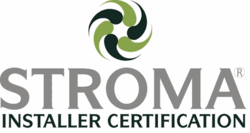
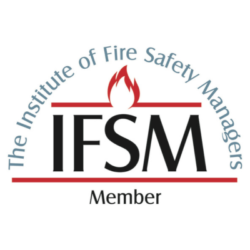
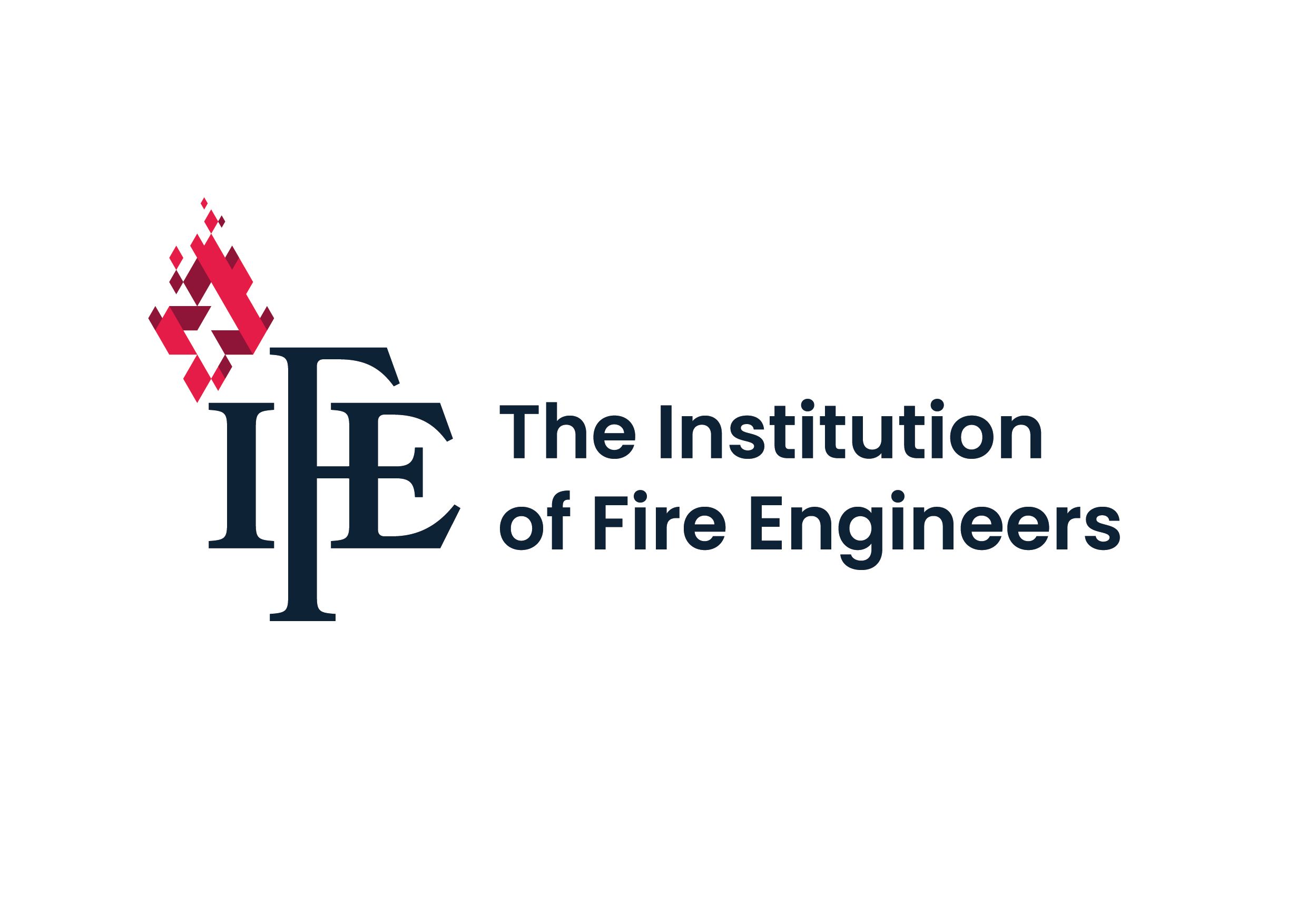
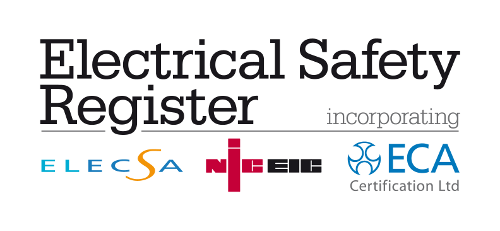
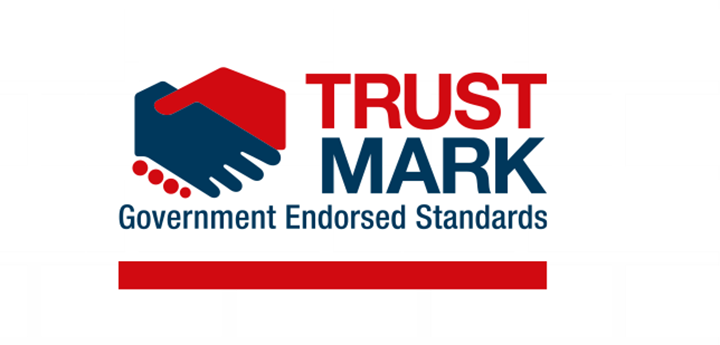
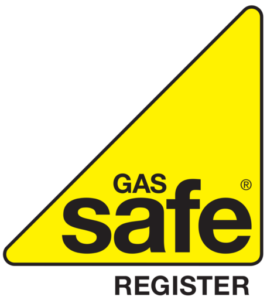
Help & Advice
-
Understanding Energy Performance Certificates: Importance and New Rules for Landlords in the UK
What is an Energy Performance Certificate (EPC)?An Energy Performance Certificate (EPC) is a crucial document that assesses the energy efficiency of residential and commercial properties in the UK. The main
-
Understanding Fire Risk Assessment in London for Landlords: A Comprehensive Guide
Introduction to Fire Risk AssessmentA fire risk assessment is a systematic evaluation designed to identify potential fire hazards within a property and assess the risks they pose, ultimately ensuring the
-
Why EPC Rules Matter — And What Landlords Should Do Now
The evolving regulatory landscape for Energy Performance Certificates (EPCs) in England and Wales is at a pivotal moment, with landlords facing substantial risks and opportunities. In this blog, we’ll break
-
Housing Regulator Uncovers Serious Safety Failings in Brent Council — What London Landlords Can Learn
The Regulator of Social Housing (RSH) has recently identified serious failings in Brent Council’s performance as a landlord — findings that should serve as a stark warning to property owners
-
Fire Risk Assessment in HMOs Legal Essentials for Landlords
As the landscape of rental housing evolves, Houses in Multiple Occupation (HMOs) carry unique challenges and risks, especially when it comes to fire safety. The legal framework governing fire risk
-
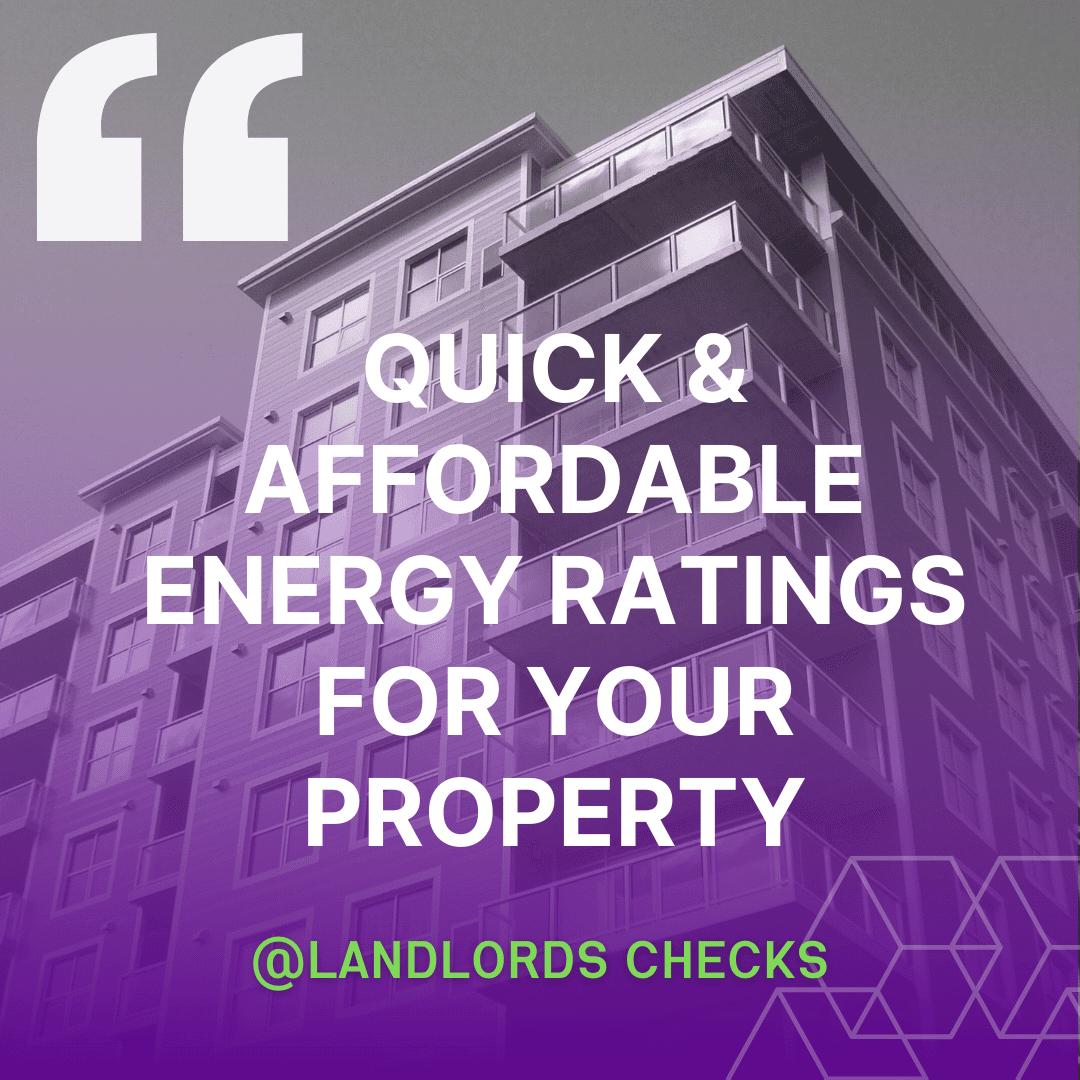 Understanding Energy Performance Certificates: Importance and New Rules for Landlords in the UK
Understanding Energy Performance Certificates: Importance and New Rules for Landlords in the UK
-
 Understanding Fire Risk Assessment in London for Landlords: A Comprehensive Guide
Understanding Fire Risk Assessment in London for Landlords: A Comprehensive Guide
-
 Why EPC Rules Matter — And What Landlords Should Do Now
Why EPC Rules Matter — And What Landlords Should Do Now
-
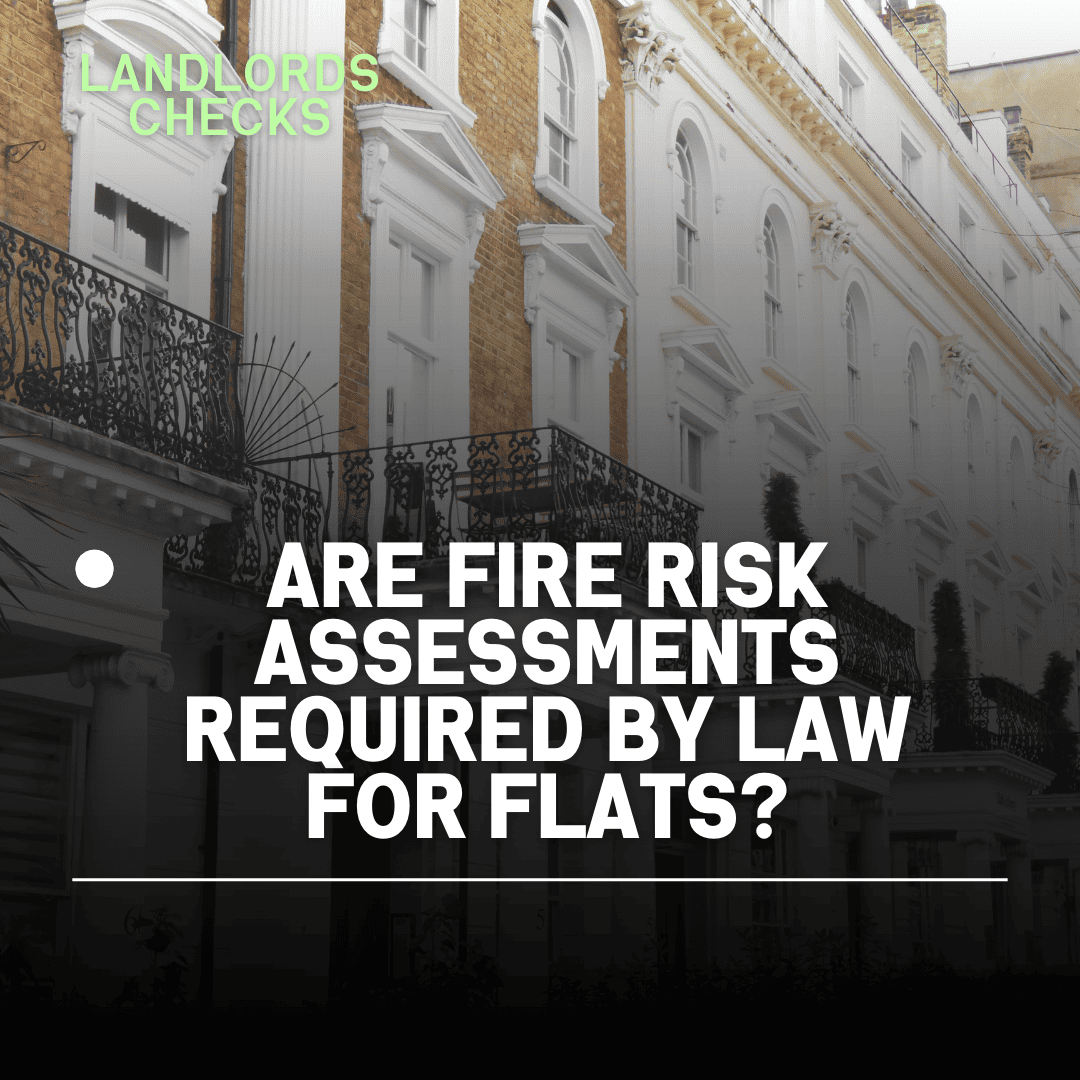 Housing Regulator Uncovers Serious Safety Failings in Brent Council — What London Landlords Can Learn
Housing Regulator Uncovers Serious Safety Failings in Brent Council — What London Landlords Can Learn
-
 Fire Risk Assessment in HMOs Legal Essentials for Landlords
Fire Risk Assessment in HMOs Legal Essentials for Landlords



